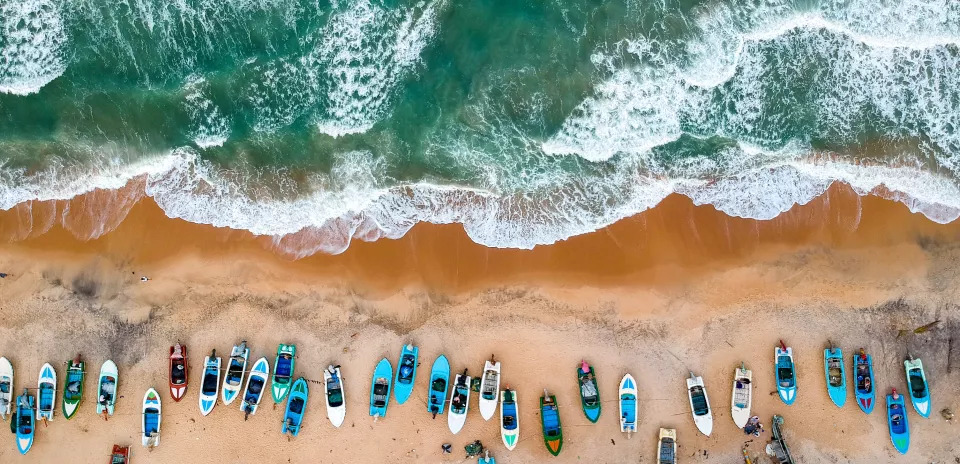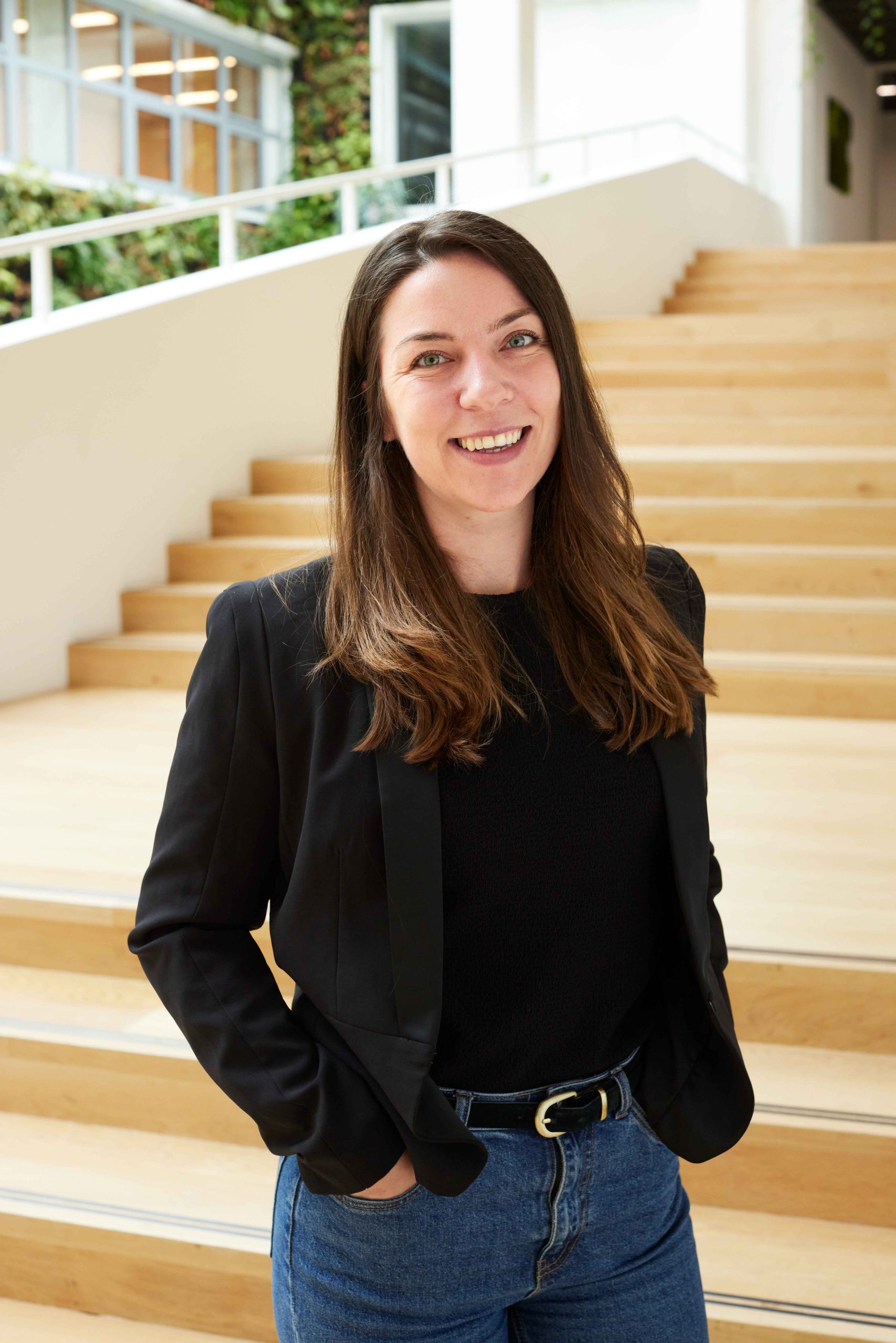CBI
This project revolved around collecting and presenting data, information, and insights about the European tourism market. Its purpose is to globally assist small and medium-sized enterprises in developing countries with attracting tourists from Europe. The aim is to promote the transition to an inclusive and sustainable economy.
Reason
This project was carried out on behalf of the CBI (Centre for the Promotion of Imports from Developing Countries). Their focus is on supporting the transition to inclusive and sustainable economies by assisting small and medium-sized enterprises (SMEs) in strengthening their economic, social, and ecological sustainability. The CBI achieves this by connecting them with the European market. This is made possible, among other things, by providing valuable knowledge about this market through the market information platform. The CBI focuses on multiple sectors, including tourism. For this purpose, a user-friendly webpage has been developed to provide information and knowledge. Specific sector studies were presented on current topics, brief notes were offered with business-oriented tips, and concise reports were presented on the nature and scope of various target groups and niche markets. To support all of this, engaging webinars were offered, which companies in developing countries could register for.
Problem solution
In alignment with the United Nations Sustainable Development Goals, particularly Goals 5 (gender equality), 8 (decent work and economic growth), 12 (responsible production and consumption), and 17 (partnerships for the goals), CBI aims to promote the transition to an inclusive and sustainable economy. Specifically for small and medium-sized enterprises (SMEs) in the tourism sector in developing countries, a diverse range of knowledge about the European tourism market was consolidated in a central location and made accessible.

The project team consisted of:
- CBI: client
- Research agency Molgo: main contactors/project leaders
- Patner: Acorn Tourism Consulting
- Albert Postma: Project leader. Albert has written various project contributions and edited contributions from Bernadett Papp, Ben Wielenga, Akke Folmer, Brigitte Nitsch, and Jasper Heslinga.
- Students Teodora Ionescu and Noël Middelhoek (Noël is currently employed at ETFI).
Approach
At the start of the project in 2019, annual goals were established. ETFI focused on producing a trend report with yearly updates and product fact sheets describing niches with statistics from key European countries for that niche. The documents include practical tips, references to best practices, and one or two expert interviews, concluded with an illustrative quote and a photo of the expert. Particularly challenging was the task of finding statistics on niche markets per country. Therefore, a significant amount of time was invested in online research (desk research) to gather the information. Writing was done according to strict specifications outlined in a Terms of Reference (ToR). Due to the target audience in developing countries, simple English was used. The draft texts were posted on PLEIO for detailed feedback from CBI. After incorporating the feedback, two rounds of revisions followed before the third version, the final version, was posted on the CBI website.
Results
Contributions from ETFI include:
- A trend report in 2019 followed by annual updates in 2020, 2021, 2022.
- Product fact sheets written in 2019 covering Generation Y tourism, cruise tourism, multi-generational tourism, nature and ecotourism, and S.A.V.E. tourism; in 2020 for baby boom tourism; in 2021 for MICE tourism, bird-watching tourism, and cultural tourism; and in 2022 for ecotourism, accessible tourism, regenerative tourism, nature tourism, and a new version of Generation Y tourism.
- News items written on Regenerative tourism and Cultural Tourism.
- An advice report written based on design thinking titled “How to get started developing your tourism product.“
Contribution to webinars: “How to develop your tourism product” (2020), “Opportunities in the birdwatching tourism market” (2021), “Opportunities in the regenerative tourism market” (2022).
This research project ran from January 2019 till December 2022






